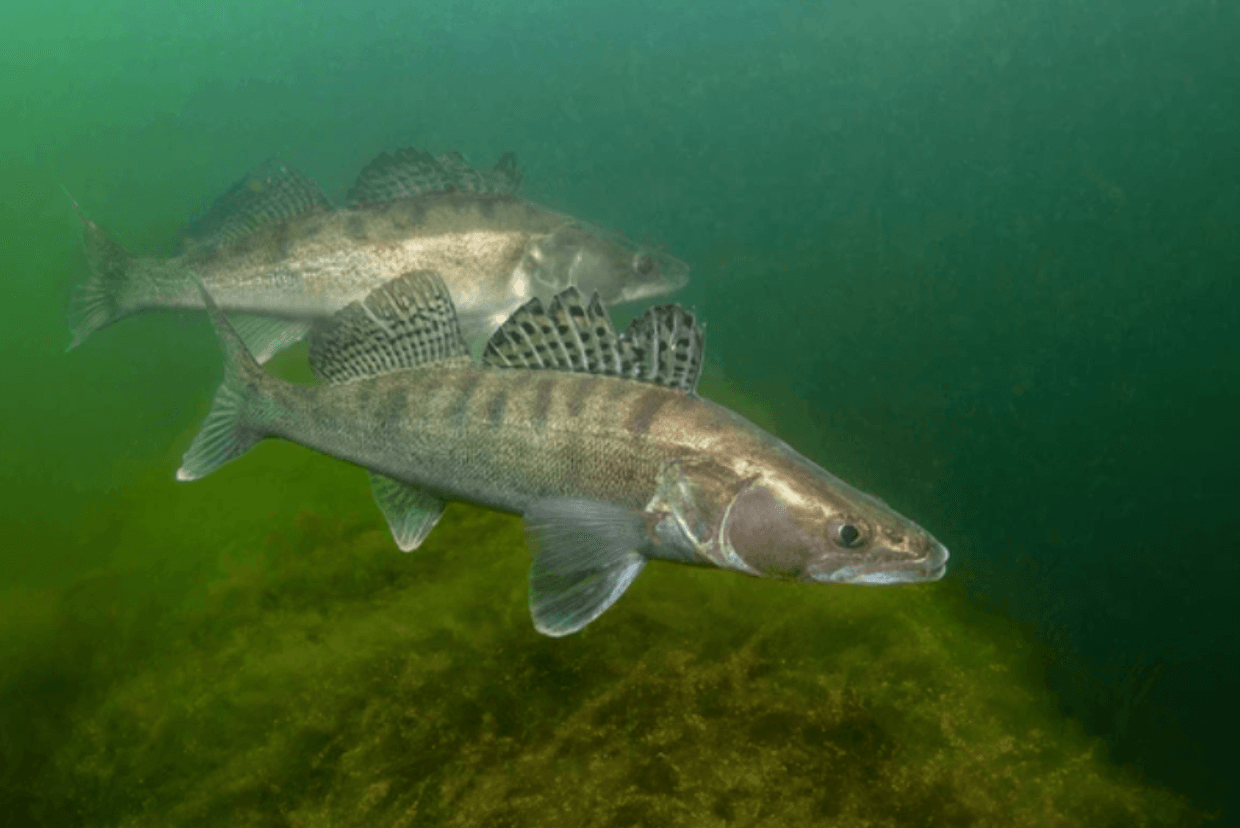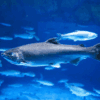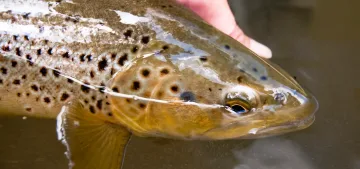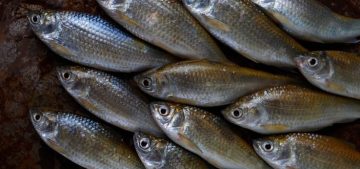Continuing Education in Fisheries Biology: Keeping Up with the Field
Introduction
The field of fisheries biology is constantly evolving, driven by advancements in technology, shifts in environmental policies, and new scientific discoveries. For professionals in this field, ongoing education is crucial to stay current and effective in their roles. This blog post discusses the importance of continuing education for fisheries biologists and highlights various opportunities available for lifelong learning.
The Importance of Continuing Education:
Staying Informed on New Research:
- Fisheries biology is a rapidly developing field. New research can offer insights into fish behavior, population dynamics, and the effects of climate change on aquatic ecosystems. Continuing education helps professionals keep up-to-date with these developments, enhancing their ability to make informed decisions and recommendations.
Adapting to Technological Advancements:
- As new technologies emerge, such as remote sensing, bioinformatics, and advanced statistical modeling, fisheries biologists must learn how to effectively integrate these tools into their work. Training in the latest technologies ensures that biologists can enhance the precision and efficiency of their research and data analysis.
- Evolving PIT Tag Technologies: Even established tools like PIT tags are constantly evolving. Keeping abreast of new methodologies and improvements in PIT tag technology is essential. These advancements can introduce more efficient ways to track and manage aquatic populations, thereby enriching the research and its applications.
Regulatory Compliance and Best Practices:
- Regulations governing fisheries and aquatic environments can change in response to new environmental challenges and scientific findings. Continuing education programs often cover current legal frameworks and management strategies, ensuring that professionals remain compliant with laws and industry standards.
Opportunities for Continuing Education:
Professional Workshops and Seminars:
- Many professional organizations, such as the American Fisheries Society (AFS), offer workshops and seminars that focus on specific aspects of fisheries science and management. These events are also excellent networking opportunities.
Advanced Degrees and Certifications:
- Pursuing an advanced degree or obtaining specialized certifications can open up new career opportunities and leadership positions. Certifications, such as the AFS Certified Fisheries Professional, validate a biologist’s expertise and commitment to the field.
Online Courses and Webinars:
- Online platforms offer the flexibility to learn at one’s own pace and can be a convenient way to gain advanced knowledge in specific areas. Many universities and professional organizations provide online courses that cover a wide range of topics relevant to fisheries biology.
Scientific Conferences and Symposia:
- Attending conferences allows fisheries biologists to present their research, learn about cutting-edge science, and discuss trends and challenges with peers from around the world. These gatherings are crucial for sparking innovation and fostering collaborations.
Peer-Reviewed Journals and Publications:
- Regularly reading scientific journals and industry publications helps professionals stay current with recent research findings and theoretical advancements. Publishing articles can also contribute to a biologist’s professional development and recognition in the field.
Conclusion
Continuing education is essential for fisheries biologists to maintain their relevance and effectiveness in a changing world. By engaging in lifelong learning, professionals not only enhance their own careers but also contribute to the advancement and sustainability of fisheries management practices.






Add comment